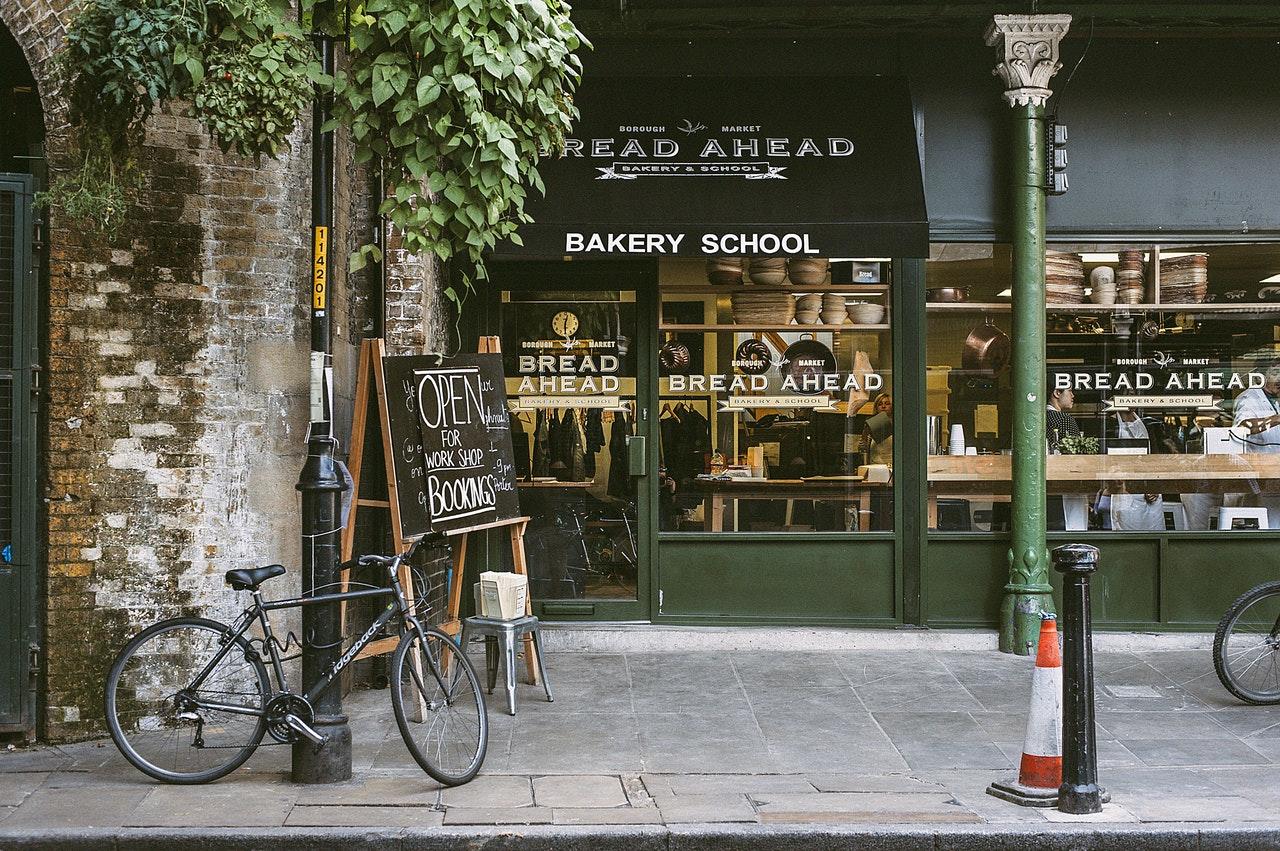The British high street has suffered a great loss in recent months. Shop closures have led to increases in online shopping, causing greater suffering for an already dying market. Now with government schemes in place to boost consumer confidence, can the British high street recuperate?
Eat Out to Help Out
Rishi Sunak’s designed the “eat out to help out” scheme to help boost consumer confidence and encourage people back to restaurants. It seems to be working. According to data, 30% more people visited the high street week-on-week since the introduction of the scheme. This was found not just in restaurants but also in shopping centres, cafes and pubs. 72,000 eateries signed on to the scheme in the hope that it would help them recover after the coronavirus pandemic. Chain restaurants including Harvester and Wahaca saw an increase in reservations, although nothing like pre-coronavirus figures.
Closures and Unaffordable Overheads
Many high street restaurants have been able to adapt in the wake of the coronavirus pandemic, switching from an eat-in model to offering takeaways. While this has left many establishments able to stay afloat, it does not begin to tackle the mounting overheads. High streets have become ghost towns as local councils did nothing to waive rent and companies were forced to shut down.
Amazon Go
And now, the ubiquitous Amazon is trying to take over the high street. In the latest development for Jeff Bezos, the billionaire has announced the opening of Amazon Go – a local convenience store. The first one is due to open in London by the end of 2020, with another 20 shops to follow. If the high street had any chance at recuperating, an Amazon store is likely to change this. With its innovative “buy now, pay later” feature, Amazon Go is catering to a post-crisis market and, with it, challenging the renovation of the classic British high street.
Over 50s Shielding and Online Shopping
Recently, Boris Johnson proposed the idea of shielding for the over 50’s. This means that anyone aged over 50 years old must stay at home. This might be the final nail in the coffin for the British high street as the majority of high street consumers for many towns fall into this bracket. As even the non-digital age look to online shopping to fulfil their grocery needs, it bears questioning whether the high street will be able to survive for much longer.



